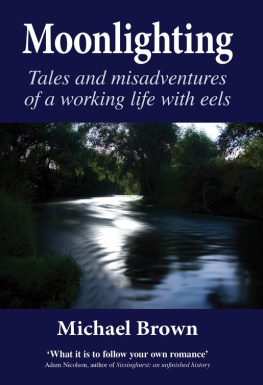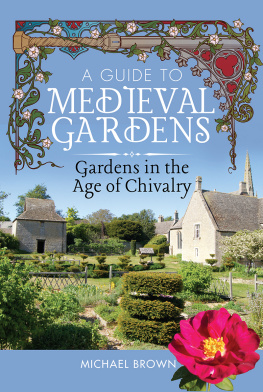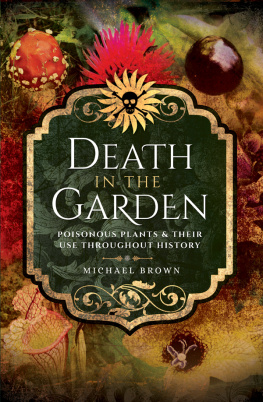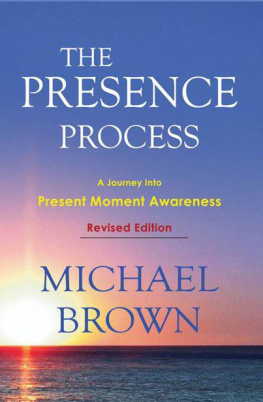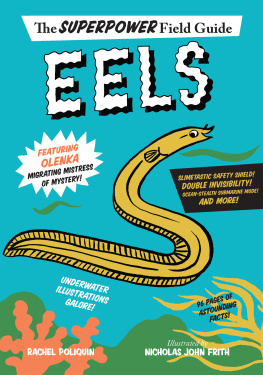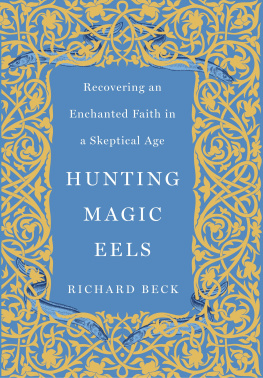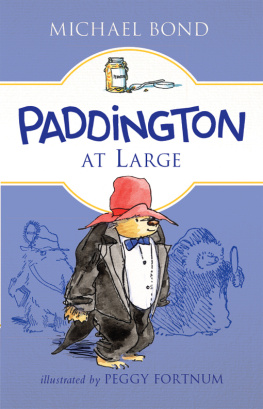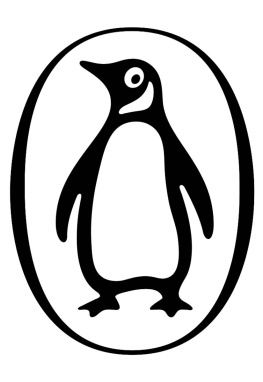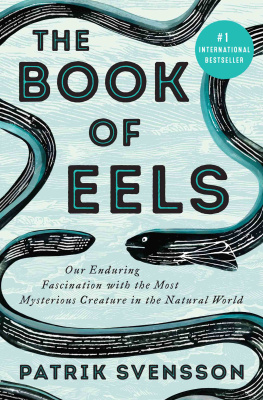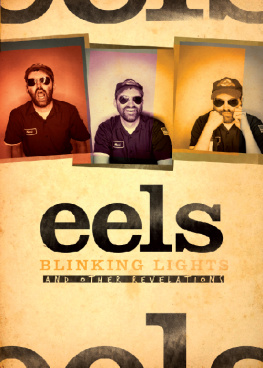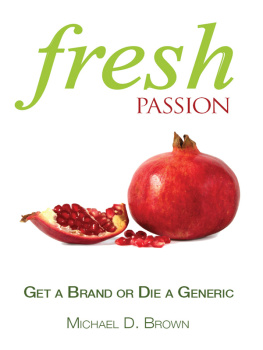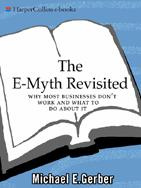It all began with a phone call in the spring of 1973. It was David Forrest, a good friend from university days whom I hadnt seen in a while.
Why dont you come down to Somerset and see these things called elvers they migrate up river at night on the high tides and the locals fish for them its called elvering. If youve got a bit of time, come and see.
Time was something I had a great deal of. After university where Id read languages, I had joined the marketing department of ICI in London. They were a good company to work for, though I never quite understood what marketing was all about, but this was the early Seventies: restless, exciting times, Carnaby Street, the Hippy Trail and mini everything. I was itching to get out. Below, through the windows of the Knightsbridge office, swirled exotic and colourful sights while inside everywhere I looked were men I could see myself becoming if I stayed: grey-suited family men whose daily lives travelling the same train, going home to wives and families, seemed honourable but monochrome; lives of quiet desperation. I wanted more, I wanted to be free and to travel, I wanted to be outside in the open air. Apart from that, I hadnt the faintest clue what I wanted.
I left, pompously telling friends that I wanted to have a go at being a writer. This was as much to justify to my poor parents who had invested considerably in my education the lunacy of leaving a solid career with great prospects, as they saw it, as having anything to do with a talent to write. But I had learnt the importance of a label: it made things plausible, allowable. To say, Mum and Dad, Im off travelling didnt go down as well as, I want to travel and write. It gave it a greater sense of purpose and acceptability; it was easier for them to sell on to their friends.
I travelled overland roughly in the direction of Australia and very soon discovered that I was not a natural writer, I had very little to say, and I was excruciatingly slow: most of what I wrote I seemed to cross out. Filled with doubts and unsure of myself, thoughts and ideas seemed to dry up and wither on the page. It was not an auspicious start. However more by luck than anything else I managed to land a few articles with the travel section of the Sunday Telegraph whose editor was spending much time building a new life in another country and needed a bank of material from contributors he could feed weekly into his column. I was thus able to murmur impressively,
Well, Im a freelance writer actually. Im working on a travel piece.
It was an impecunious living with its highs and lows but, unencumbered, it gave me a certain freedom to look for something I really wanted to do.
Following Davids phone call, I met him a few days later at Taunton station. He was driving a rattly old grocery van still with the shelves in the back.
This is what we use to take the elvers up to London airport, he explained as we ground up a hill on our way to the farm at Curry Rivel, and down there is the moor, or the Levels, where well be fishing tonight. Theres a tide on. Ill drop you on the river, you can fish and Ill pick you up later. Were sending out a shipment tomorrow; Ive got to get the boxes ready.
There was something very invigorating about Davids whirlwind pace. It certainly beat staring at a blank piece of paper in my room in London.
David had studied agriculture and marketing at Wye College before coming on to Reading university where we had shared a house in my last year and where he was remembered for his culinary achievements: his tossed pancakes, which we had difficulty removing from the kitchen ceiling. A great networker, before the word was fashionable, with dozens of contacts everywhere in every field; he had enormous energy and was one of those people who fizzed with ideas, trailing in his wake a litter of abandoned plans. Already by this time hed set up and sold several small businesses, and worked for a charity in one of the poorest areas of northern India. He liked to have several things on the go at once; very often youd enquire about his latest project, only to find that he was onto a new one.
It was while he was working for a market research company in London that he had been asked by a client to find a source for things called elvers - baby eels, also known as glass eels - for the lucrative Japanese market where they were farmed and grown on to adult eels. David had happened to mention this to a friend who was doing his practical year as an agricultural student on a farm near Curry Rivel in Somerset.
Youre in luck, said the friend, I think I can help; we have elvers down here; they fish for them on the local river, the Parrett, and the farmer Im working for has special holding tanks for them; he buys them in from the fishermen. They are sold to dealers in Gloucester.
Never one to waste time, it wasnt long before David had left his market research and was shipping elvers live by air to Japan.
Later that night, I stood on the raised banks of the river Parrett and watched the rising water. Even there, miles inland, the tide was still pushing, the river swelling. The elver net I had been given was a hand-held dip net, deep bellied, about three feet long and half as wide and deep, like a pelican beak, covered in fine mesh. Id been told to tuck it tight into the bank facing the direction of the sea from whence the elvers were supposed to come. Every now and then, feeling every bit the professional fishermen, I checked it, lifting it up for inspection by its long handle with a sweeping motion to hold the catch in the back of the net, as Id been shown, but there was nothing. Not a sign of an elver.
Behind me the lights of a small pub, the Black Smock, cast soft light on the little road that wound beside the river. From a village across the moor came the sound of church bells. The river had stopped pushing now, the tide beginning to turn and run back. Gradually its cargo of flotsam, reeds and sticks slid past in reverse. Lifting the net again I peered into the bottom of it and there against the fine sieve mesh I saw my first elvers: a squiggle of tiny translucent creatures, about three inches long and as thin as a bootlace, unmistakeably eel shaped. They made a tiny rustling sound in the bottom of the net. Tipping them into my bucket I laid the net back in the river, tight into the bank, mouth facing downstream and waited a few minutes before lifting it again. This time there were more, a small ball of elvers, perhaps half a kilo and now the sound they made was louder, like fat frying. I looked at them as they swirled and writhed round the bottom of the bucket, forming a small puff of white foam in the centre the slime secreted by their activity and locally known as vump.
From David, I had learned a little about their life cycle which began with a migration and ended with one, an outward and a return journey forming a circle like the moon but one that could take anything up to twenty years or more to complete. Those tiny fish in my net seemed so young and delicate, yet they were already hardened travellers. They had drifted nearly three thousand miles from their spawning grounds in the Sargasso Sea, the other side of the Atlantic, where they had started life as larvae leptocephalus shaped like sycamore seeds, little sails that made the most of wind and tide and the Gulf Stream current to carry them across the ocean in countless millions.
After three years they reached the continental shelf where they metamorphosed into the recognisable shape of the elver, or glass eel. Only seven cms long, and weighing no more than a third of a gram, perfectly formed, beautiful as spun glass, they were driven by their migratory instinct to seek freshwater. They entered every European river, stream and freshwater outlet from southern Portugal to northern Europe, straining to reach upstream, inland where they could live and grow to adulthood. Years later when they reached maturity the adult eel would head back down river and back out to sea, re-crossing the Atlantic in months not years, to find again the dark Sargasso weed where they would spawn and die.

